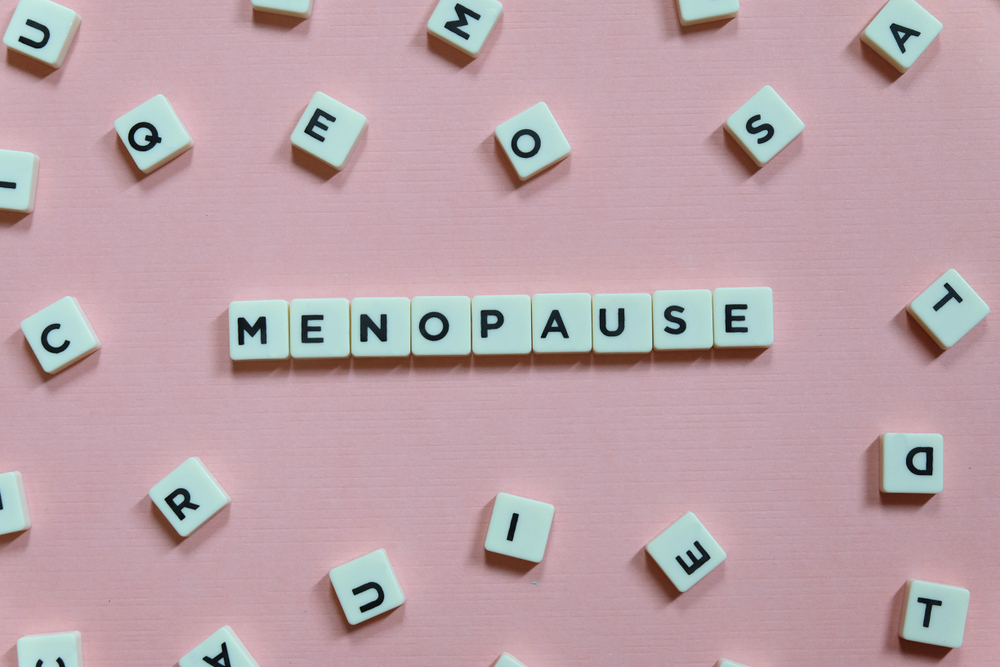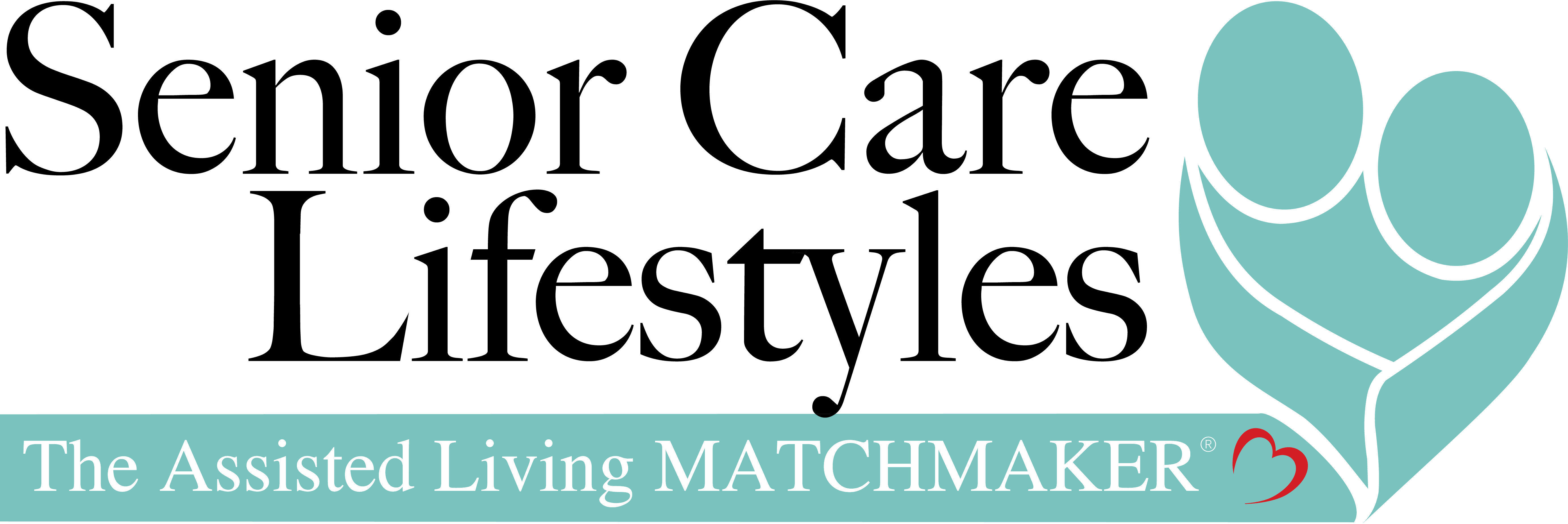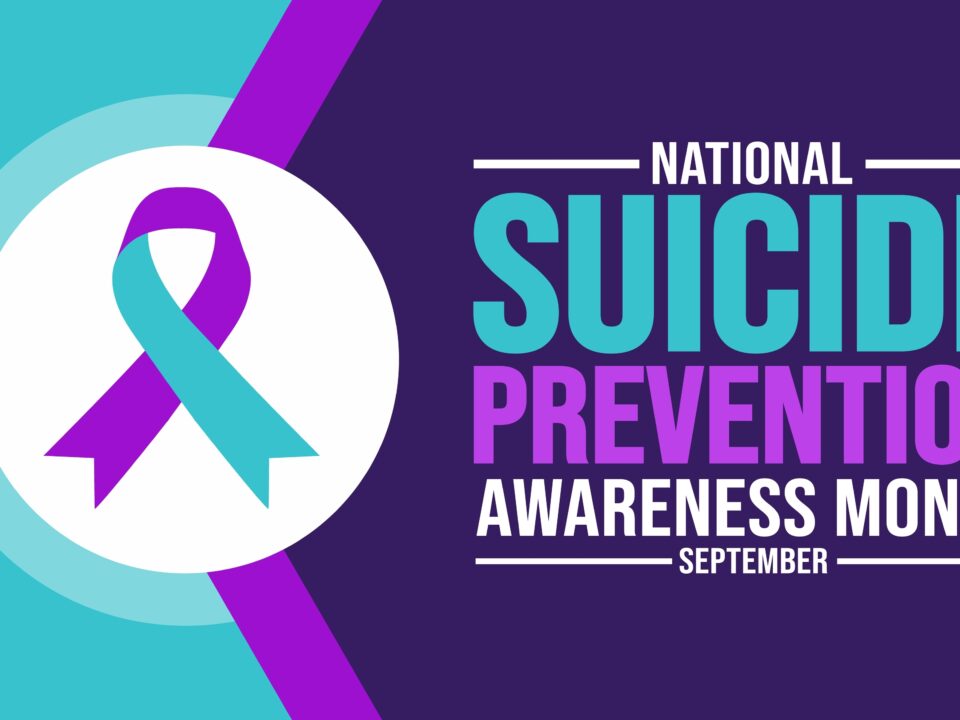- Serving, Baltimore, Harford, Howard, Anne Arundel and other surrounding counties.
- 410-977-3718
How Menopause Can Change Your Brain

Menopause is a process that marks the end of the female reproductive years. While menopause is commonly associated with physical symptoms like hot flashes, menopause also brings about significant changes in the brain. These changes are not as widely discussed as the physical symptoms, but they can have just as much of an impact.
Declining Estrogen Levels
One of the biggest factors that contributes to changes in the brain during menopause is the overall decline in estrogen levels. Estrogen has far-reaching effects on various parts of the body, including the brain. It plays a vital role in maintaining brain health, and as estrogen levels decrease during menopause, the brain undergoes structural and functional alterations.
Feelings of “Brain Fog”
Throughout life, women outperform men on cognitive tests designed to measure verbal memory. However, the level of advantage decreases with the onset of menopause. Many women feel like they are experiencing brain fog or forgetting more than they used to. Depending on when your menopause begins, you might notice neurological impacts sooner or later than your peers.
Mood Changes
Menopause can also impact your mood and emotional well-being. Fluctuating hormone levels can lead to mood swings, irritability, and an increased risk of developing mood disorders like depression and anxiety. Because estrogen influences the production and regulation of neurotransmitters like serotonin and dopamine, it can be challenging to regulate your mood as you did before. Decreasing estrogen levels can disrupt the delicate balance of these neurotransmitters, which leads to changes in your mood and emotional stability.
Increased Risk of Neurological Disease
Additionally, menopause is associated with an increased risk of developing neurodegenerative diseases like Alzheimer’s disease. Estrogen has neuroprotective properties, and declining levels during menopause can make your brain more susceptible to diseases. Alzheimer’s impacts almost 6 million people in America, and 2/3 of that figure is women. Researchers are currently trying to determine if decreasing estrogen is a potential factor.
How Can You Protect Your Brain Health During Menopause?
- Eat a balanced diet. Research indicates that the Mediterranean diet can work well to slow the signs of brain aging.
- Physical activity can help maintain overall physical health, and it can also help to decrease stress levels.
- Keep your brain active through regular social contact and activities like coloring and reading.
- Always get enough sleep, even before you start menopause. You need at least seven hours of sleep a night in order to maintain proper brain health.
Get the Care Your Loved One Deserves with Senior Care Lifestyles
Senior Care Lifestyles specializes in connecting seniors with the right in-home care, assisted living, or senior living community to meet their needs. We have helped hundreds of clients and treat each senior as a valued member of our own family deserving our personalized attention, compassion and respect.
For help, or questions please call us at 410-977-3718 or send a message through our website www.seniorcarelifestyles.com.




